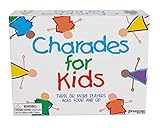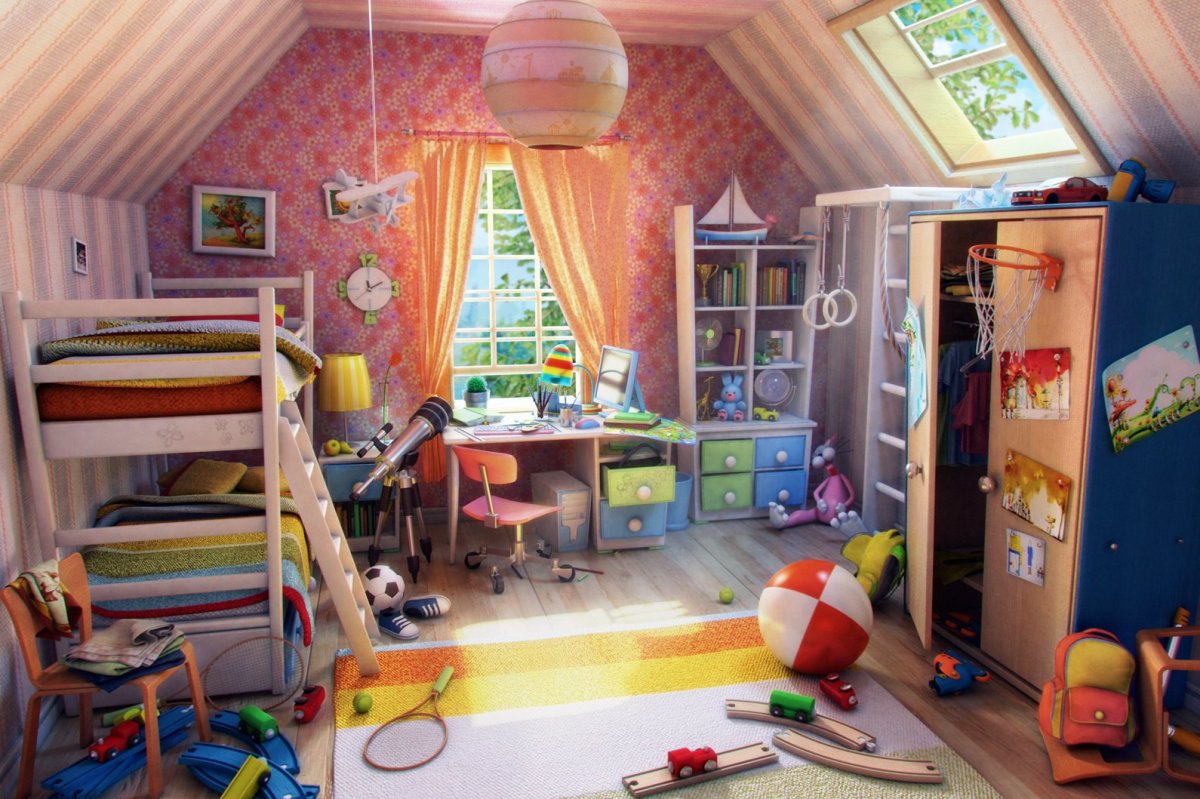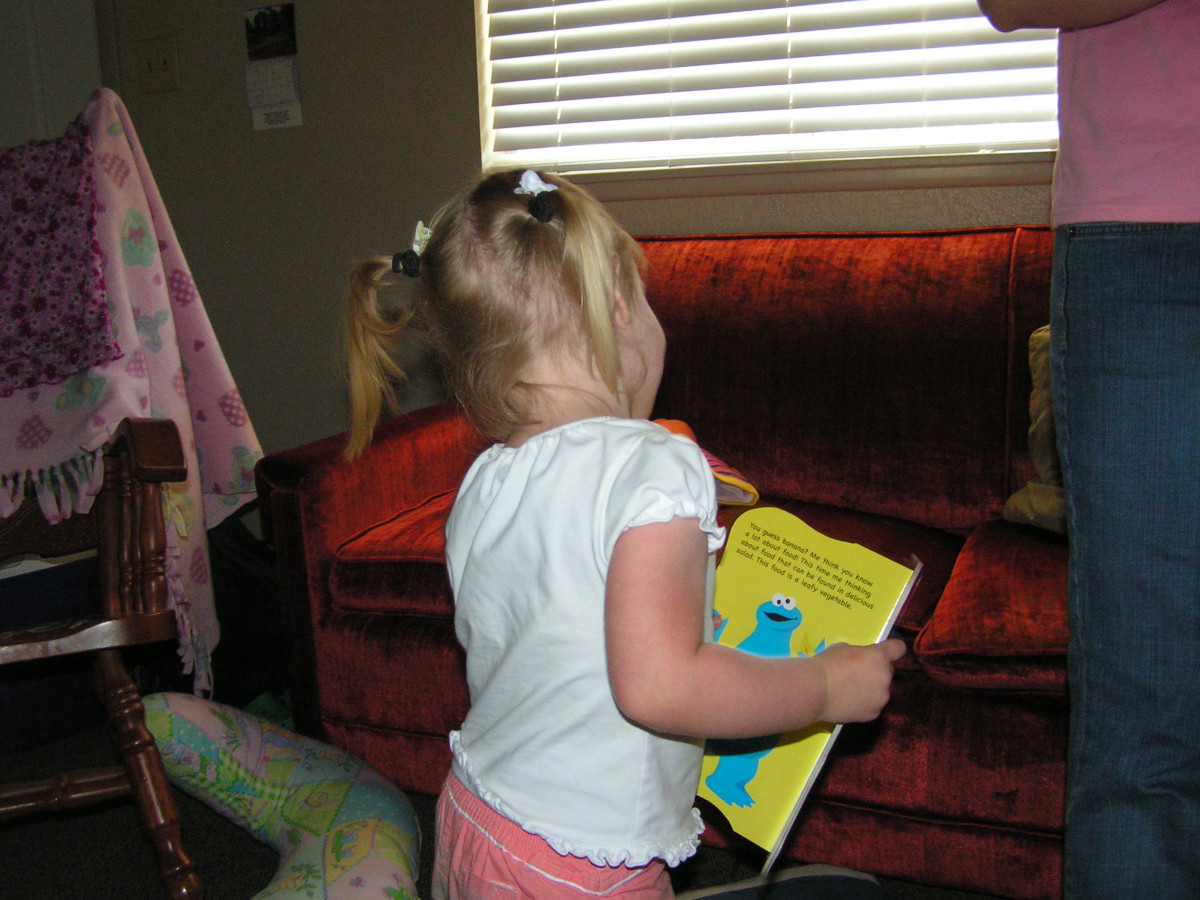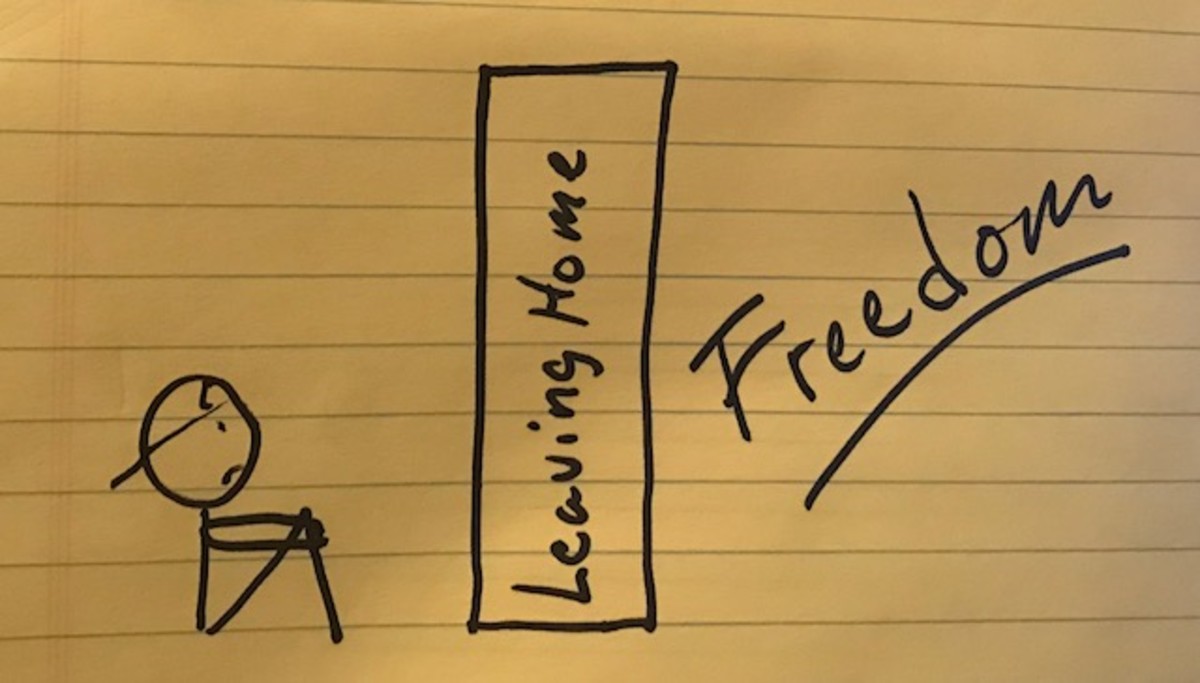How to stimulate your child's mind
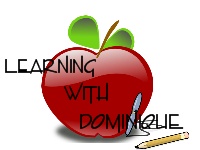
From the time a child is born it is up to the parent and caregiver to educate and cultivate his/her intelligence. I strongly believe that nurture is more important then nature. No doubt if one is born with good genes you do have a inborn edge over your peers.
However if that intelligence is not cultivated the individual may not be able to optimise his/her potential in life.
There are many different ways which one can stimulate a child's mind. The methods and techniques used varies from age to age and is also dependent on how receptive the child is.
The Baby Years
Many experts agree that the baby years are the foundation years of a child which need extra attention. From 0-3yrs old your child learns and develops all the physical and mental skills that are required to see him through his whole life.
Some parents may have the notion that a baby may not be able to learn as he is too young. Therefore they only start really educating/interacting with their child when he reaches toddlerhood. Education does start from birth. Babies who are highly simulated have bright eyes and respond readily to external stimulus. They do not have a listless expression when you try to interact with them and would be smiling, laughing or even reaching out to touch you.
You can read to them or simply talk and interact with your child. One to one attention is highly beneficial. While your baby looks at you he is subconsciously absorbing learning from you. Even though you may not get much response verbally or physically at this stage your child is mentally processing whatever he sees, smells and tastes.
Children at this age are highly visual and textile. They learn best from seeing and touching. You can use everyday objects to teach your child. Bring them often to experience the outdoors and make friends with other kids around their age. They learn extremely fast from mixing with their peers.
The Pre-school Years
At this stage in their life your child may probably have already hundred over words in their vocabulary which they can use. Using open ended questions can stimulate your child to think more. By not accepting a simple "yes" or " no " answer we are encouraging them to use other vocabulary to describe their feelings or current situation. Asking prompting questions like "can you tell me how you felt when you were eating the ice-cream?" will make your child learn how to relate more in detail to you what he is experiencing. It opens up the opportunity for you to engage your child in a two way conversation with you. If you child is unable to describe himself do offer solution which he can model upon.
Do encourage creativity through free play. Playdoh and building blocks are excellent tools for stimulating creativity and mind development.
Bring your child to the library. There are many different types of book available and it will certainly help to introduce them to the wide genre of books which cater to his interest.
The Schooling Years
From 6/7years old a child would have already formed their own mindset and opinions. You can engage your child in lively opinionated discussions to make them stimulate their thinking by coming up with supportive statements to either support or oppose your stand.
Doing IQ puzzles , sudoku and hands-on science experiments are just some ways which you could cultivate their right brain.
Sending them to camp in the wildness would also help to stimulate their brain as they plot how to survive in the wilderness.
Playing of family board games is also a way which you can keep the family entertain and the kids mentally and physically stimulated.
Keep your kid's stimulated by engaging your child in conversation and activities that require genuine thinking and creativity. Do also encourage and praise him for his achievements. This will go a long way in building up a SMART kid.
Recomended sites
- From Dominique's Desk
Personal Parenting tips, quirky toddler conversations, reviews and recommendations of products.

